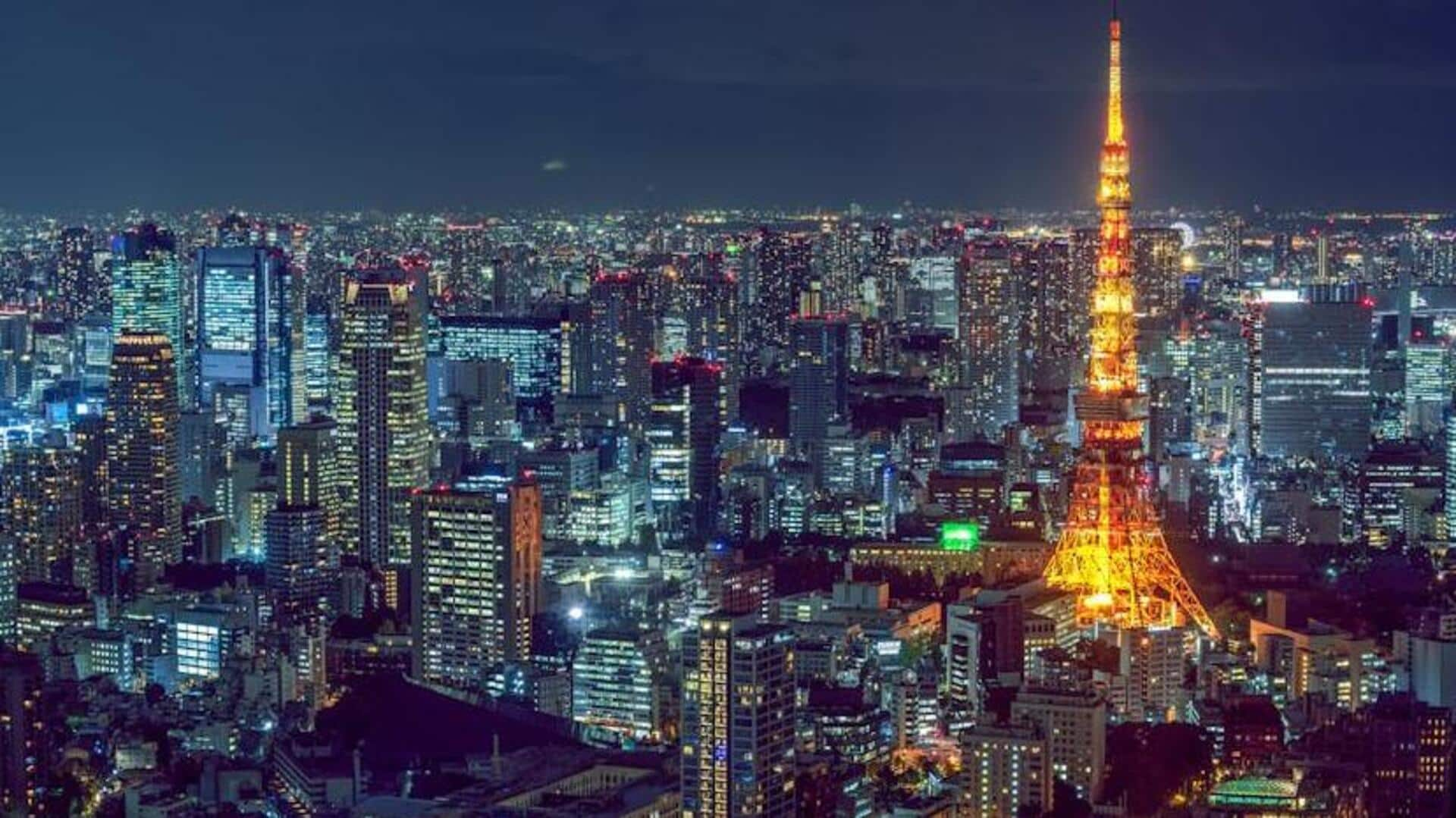
Unveiling Tokyo's Edo legacy and sumo traditions
What's the story
Tokyo, Japan's vibrant capital, blends the old with the new. Its landscape features towering skyscrapers and historic temples, showcasing a rich cultural heritage. The city's Edo period remnants and sumo wrestling culture are especially captivating. This guide explores these aspects, offering insights into Japan's storied past and lively traditions. It provides a unique glimpse into what makes Tokyo truly fascinating.
History unfolded
Step back in time at Edo-Tokyo Museum
The Edo-Tokyo Museum serves as a gateway to understanding Tokyo's transformation from a small fishing village into one of the world's most dynamic cities. It showcases detailed models, original artifacts, and interactive exhibits that narrate Tokyo's story during the Edo period (1603-1868). This museum is essential for history enthusiasts eager to dive into the lifestyle, culture, and architecture of old Tokyo.
Sumo culture
Experience sumo wrestling up close
Sumo wrestling, a living tradition in Japan, dates back centuries. To truly experience sumo culture, plan to visit Tokyo during one of the three Grand Tournaments held each year. These tournaments allow spectators to witness sumo wrestlers (rikishi) compete with remarkable skill and ceremony. Additionally, for a deeper dive into sumo culture, visiting a sumo stable where wrestlers train and live is recommended.
Ancient traditions
Wander through Asakusa's Senso-ji Temple
A visit to Tokyo isn't complete without exploring Senso-ji Temple in Asakusa, Tokyo's oldest temple dedicated to Kannon Bosatsu, the Bodhisattva of compassion. The path to the temple is flanked by shops selling traditional crafts and snacks, leading to a grand gate guarded by fierce deities. This site provides insights into Japanese religious practices and architectural styles shaped by ancient traditions.
Artisanal excellence
Discover traditional crafts at Kuramae
Kuramae district has become a center for artisans committed to traditional Japanese crafts with a modern twist. Here, visitors can explore workshops and stores that specialize in handmade washi paper, textiles dyed with natural indigo, and beautifully crafted ceramics. By visiting Kuramae, tourists not only have the chance to buy unique souvenirs but also support the local craftsmen dedicated to preserving these ancient techniques.